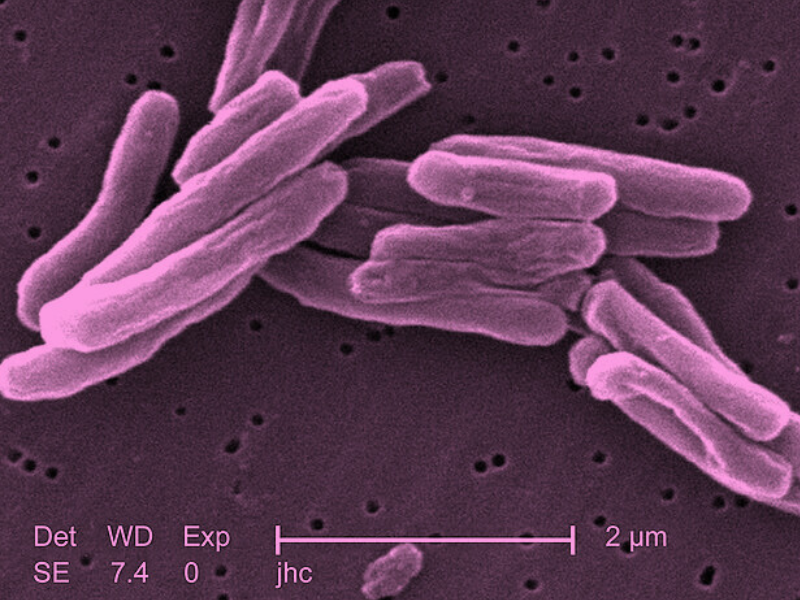Key Takeaways:
- Immunopeptidomics helps identify which TB proteins trigger immune responses.
- Current BCG vaccine is not fully effective.
- Researchers designed mRNA vaccines targeting key TB antigens.
- This approach could lead to better TB vaccines.
A study published in Science Translational Medicine outlines how immunopeptidomics may unlock a new generation of vaccinations against tuberculosis.
Immunopeptidomics
Immunopeptidomics is a technique used analyse the peptides presented by cells to the immune system when mounting an immune response. Using peptides expressed by the Mycobacterium tuberculosis (Mtb) bacteria, researchers at MIT and the Ragon Institute applied the approach in cultures to identify which peptides would activate CD4+ T cells when expressed by MHC-II.
An Unmet Need
Vaccination campaigns for tuberculosis have not been entirely successful. The most widely used vaccine against the virus is the Bacillus Calmette-Guérin (BCG) vaccine which is used to protect high-risk infants from severe TB. Despite the availability of BCG vaccine, over a million people are lethally infected with TB every year, according to the World Health Organisation.
Searching for Vaccine Targets
Efforts to develop a new, more effective vaccine have fallen short due to the fact the scientists don’t yet know which of Mtb’s 4000 proteins are recognised by the human immune system. Here, immunopeptidomic technology was able to elucidate the MHC-presented peptides expressed by phagocytes in an effort to map out effective vaccine targets.
Experimental Vaccine
The researchers then used their findings to design multiple experimental mRNA TB vaccines encoding the antigens they had discovered. Here, they targeted various subcellular regions, demonstrating that localization significantly impacts antigen presentation by phagocytes in vitro.
The paper concludes that these results underscore the potential of this CD4+ T cell–targeted mRNA TB vaccine and validate the immunopeptidomics approach.








